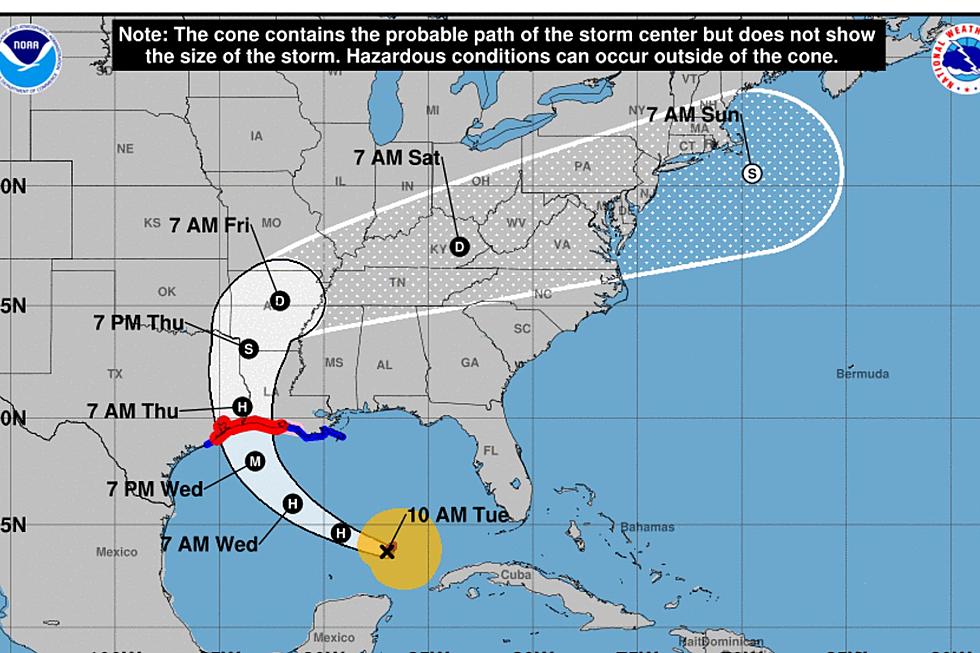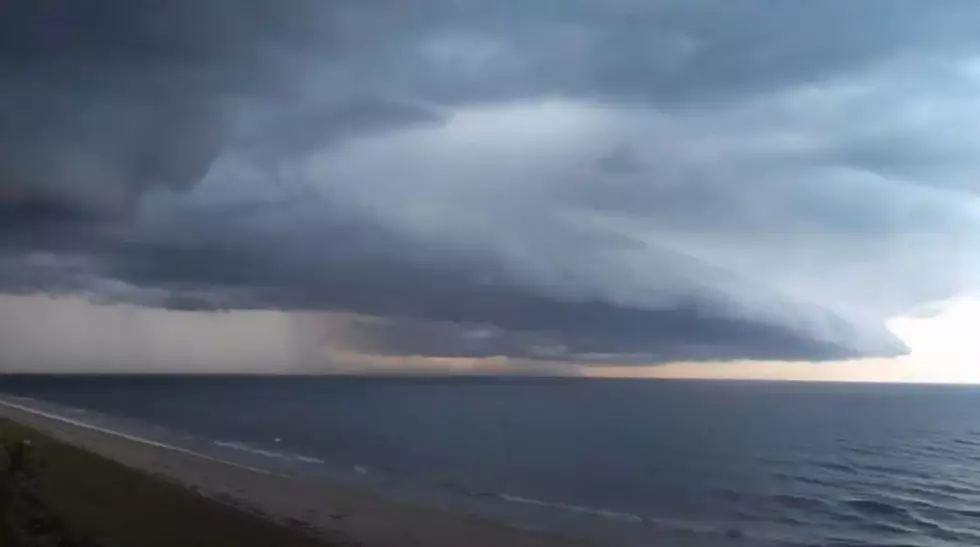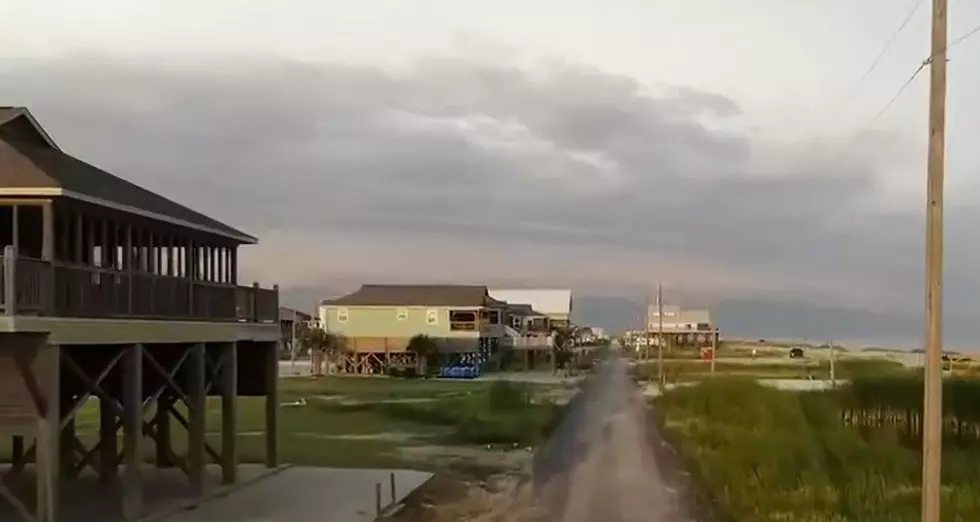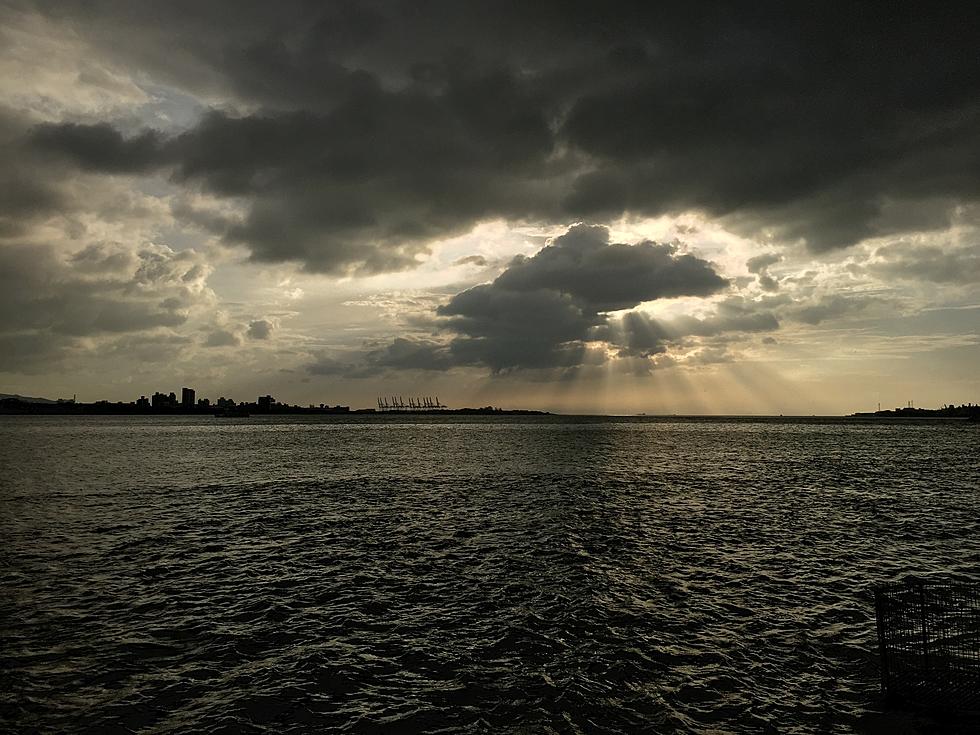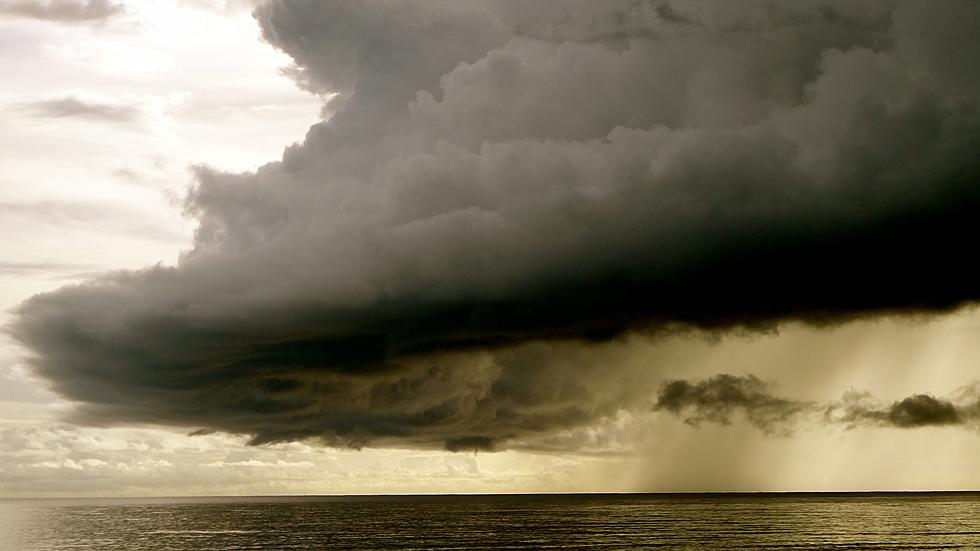
0400 AM Tropical Update – The Latest on the Tropics
The National Hurricane Center has been watching an area of disturbed weather in the Gulf of Mexico for the better part of a week now. The system has finally started to move to the north from its nearly stationary position in the Bay of Campeche.
That movement will bring the storm system very near Louisiana's coastline by later today. In fact, landfall along the coast of Louisiana could happen either very late this evening or sometime early on Saturday morning.
Here are the latest details on the storm system as of 0400 AM CDT as reported by the National Hurricane Center.
SUMMARY OF 400 AM CDT INFORMATION
----------------------------------------------
LOCATION...25.2N 91.5W
ABOUT 310 MI...500 KM S OF MORGAN CITY LOUISIANA
ABOUT 435 MI...695 KM SSW OF MOBILE ALABAMA
MAXIMUM SUSTAINED WINDS...35 MPH...55 KM/H
PRESENT MOVEMENT...N OR 360 DEGREES AT 14 MPH...22 KM/H
MINIMUM CENTRAL PRESSURE...1007 MB...29.74 INCHES
Predicting the track of the system has been very problematic for forecasters over the past few days. The main reason is the lack of organization of the system itself. Tropical forecast models are most accurate when they have a legitimate tropical system to track. This system has been so poorly organized it has been rather difficult for the models to "find it". Hence, confidence in the track forecast has been compromised.
Speculation from the Hurricane Center is that the center of the system will cross the Louisiana coast somewhere near or just east of Morgan City. Based on satellite and radar observations most of the convection associated with the system will be further to the east of the center.
Rainfall rates will be greatest in southeastern Louisiana, coastal Mississippi, and coastal Alabama and Florida over the next 24 to 48 hours. As you can see from the graphic above the area of Louisiana west of Morgan City won't see nearly the amount of rainfall that locales to the east will see.
The greatest impact from this system, however, will be rainfall. Those with travel plans through southeastern Louisiana and on toward the beaches of Alabama and Florida should be wary of high water on roadways as some of the storms associated with the system will drop rainfall rates of several inches per hour.
As is the case with a landfalling tropical cyclone there is a threat for severe weather and tornadoes. Here's is what the Storm Prediction Center is forecasting as far as a severe threat in the area goes for the next 24 to 48 hours.
The National Hurricane Center will provide regular updates on this system until it makes landfall and has become extratropical. The full updates happen every six hours "on the fours and tens" or at four o'clock AM and PM and ten o'clock AM and PM. There are intermittent advisories issued at one o'clock AM and PM and at seven o'clock AM and PM.
Here lately it seems that all Louisiana can do is get whacked by a tropical system. We got nailed by five of them last season. Maybe this year the world will come to know our state for a few other good reasons.
7 Things Louisiana Does Better Than Anyone Else
More From News Talk 96.5 KPEL
